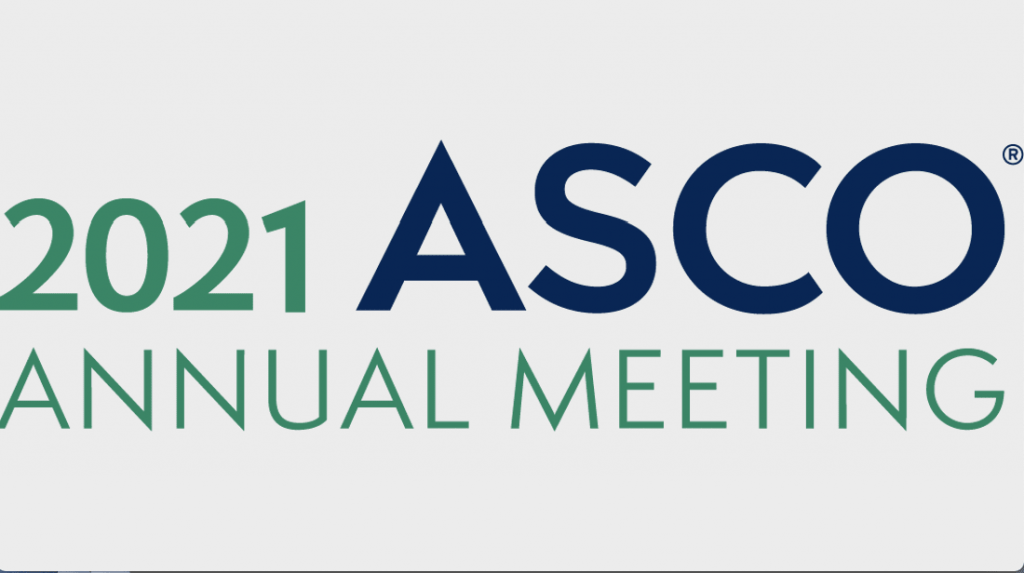Rare cancers and rare blood disorders present challenges to clinicians related to diagnosis and management. To shorten the diagnostic journey and improve clinician index of suspicion and management of rare cancers, the first annual NORD Rare Cancers Summit was launched in 2020. Partnering with NORD on this initiative was critical in reaching the rare disease community.
Spotlight on Rare Cancers: Advancing Novel Therapy and Patient Centered Management included nine rare cancer CME/CE sessions covering a range of diseases and themes:
- Cold Agglutinin Disease (CAD): The Role of the Complement Pathway in Treating a Rare Autoimmune Hemolytic Anemia
- Addressing the Challenges of Peripheral T-Cell Lymphoma Management
- Risk-Based Approach for Treatment of Myelofibrosis
- Managing Relapsed/Refractory Hairy Cell Leukemia in the Community Setting
- A Critical Update for the Multidisciplinary Team in Differentiating and Tailoring Management of Sarcomas
- Where are we Headed in Thyroid Cancer? New and Emerging Treatment Approaches
- All About NETs: Disease Pathway, Treatment, and Clinical Trials for GEP-NETs, Pheochromocytoma, and Paragangliomas
- Reducing Diagnostic Challenges and Expanding Treatment Options for Advanced GIST
- Molecular Profiling and Targeted Therapies Shifting the Paradigm for Cholangiocarcinoma (Bile Duct Cancer)
Two months after education (follow-up), 71% of clinician learners reported improvements in clinical practice and 67% reported improvements in patient impact (n=66). Almost half (48%) indicated diagnosis as their most significant challenge in treating rare disease.
Faculty for the summit include:
- Catherine Broome, MD, Associate Professor of Medicine at Georgetown University and Medical Director of Cellular Apheresis in the Lombardi Comprehensive Cancer Center at MedStar Georgetown University Hospital in Washington, DC
- Steven Horwitz, MD, Attending Physician in the Department of Medicine at Memorial Sloan Kettering Cancer Center in New York City
- Ayalew Tefferi, MD, Professor of Hematology and Internal Medicine in the Division of Hematology at the Mayo Clinic College of Medicine in Rochester, Minnesota
- Robert Kreitman, MD, senior investigator and head of the Clinical Immunotherapy Section in the Laboratory of Molecular Biology at the National Cancer Institute
- Jonathan Trent, MD, PhD, associate director for clinical research and the director of the Bone and Soft-tissue Sarcoma Group in the Sylvester Comprehensive Cancer Center at the University of Miami Hospital in Florida
- Lori Wirth, MD, Elizabeth and Michael Ruane Endowed Chair of Medical Oncology and medical director of Massachusetts General Hospital’s Center for Head and Neck Cancers, and associate professor of medicine at Harvard Medical School in Boston
- Jonathan Strosberg, MD, professor at Moffitt Cancer Center and leads Moffitt’s Neuroendocrine Tumor Division and Department of Gastrointestinal Oncology Research Program in Tampa, Florida
- Michael Heinrich, MD, FACP, professor of medicine in cell, developmental, and cancer biology and in the Department of Medicine at Oregon Health Sciences University Knight Cancer Institute in Portland.
- Ghassan Abou-Alfa, MD, MBA, attending physician at Memorial Sloan Kettering Cancer Center and professor of medicine at Weill Medical School at Cornell University in New York City
The education is supported by independent educational grants from Daiichi Sankyo, Inc.; Deciphera Pharmaceuticals, LLC.; Eisai Inc.; Epizyme Inc.; Innate Pharma, Inc.; Ipsen Biopharmaceuticals, Inc.; Karyopharm Therapeutics; Merck Sharp & Dohme, Corp., a subsidiary of Merck & Co., Inc.; Sanofi Genzyme; and Seattle Genetics, Inc.
Have questions about this abstract, the 2020 (or upcoming 2021) Rare Cancer Summit, or want to learn more about how PlatformQ Health is delivering impactful education to HCPs and patients? Email us at digital@platformq.com.
—————————————————————————————————————————————————————————————–
Full Abstract
Background: Clinicians are uniquely challenged to manage patients with rare cancers and blood disorders due to a lack of knowledge of diagnosis and management guidelines for these conditions. These conditions comprise a larger proportion of diagnosed cancers in minority populations, among whom a worse 5-year survival is realized in adults versus adolescents and children. Patients often experience delayed diagnoses, have limited treatment options, access to specialists, and limited clinical trials. Education surrounding rare cancers and blood disorders, diagnostic criteria, approved agents, and emerging novel agents is essential to improve treatment outcomes for patients with these rare malignancies.
Methods: A 2-part CE and American Board of Internal Medicine (ABIM) Maintenance of Certification activity was launched live-online in October and November, 2020, and remains on-demand through November, 2021 at OMedLive.com, comprising 9 hours of virtual education. This first annual activity was launched in partnership with National Organization for Rare Disorders (NORD), and featured key opinion leaders with extensive expertise in rare cancers and blood disorders. Session components included case presentations, downloadable resources, live polling, and audience real-time Q&A. Knowledge and competence questions were administered pre- and immediate post-activity. Patient and clinical practice impact questions were also asked at 2-month follow-up. Data from these questions were analyzed to determine engagement, remaining gaps, and the unique challenges of managing rare cancers and blood disorders.
Results: 996 clinicians have participated in the activity to date. All 28 CE test questions reflected improvements in knowledge and competence regarding symptom recognition, diagnosis, clinical trial data, guidelines, treatment options, and adverse event management. At 2-mos. follow up, 71% reported improvements in clinical practice and 67% reported improvements in patient impact (n = 66). Almost half (48%) indicated diagnosis as their most significant challenge, with other noted barriers including: limited access to molecular testing (29%) and limited knowledge of tests to order (17%). The top 3 reported treatment challenges were: a lack of clinical evidence (24%), limited treatment options (22%), and high treatment cost (16%). Updated and expanded data will be shared.
Conclusions: Following the targeted collaborative educational initiative, clinicians demonstrated clear knowledge and competency improvements in critical areas such as recognition, diagnosis, and management, and reported significant improvements in patient outcomes and clinical practice. The results of the two-month impact survey demonstrated a need for further tailored education on diagnostic testing and clinical evidence on treatment options for rare malignancies.



